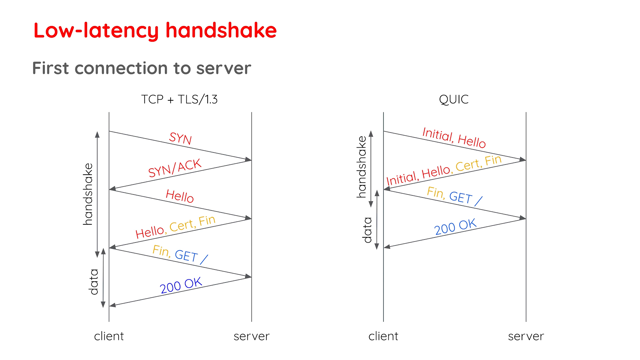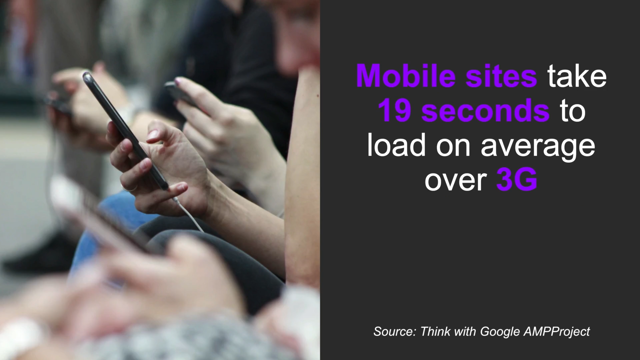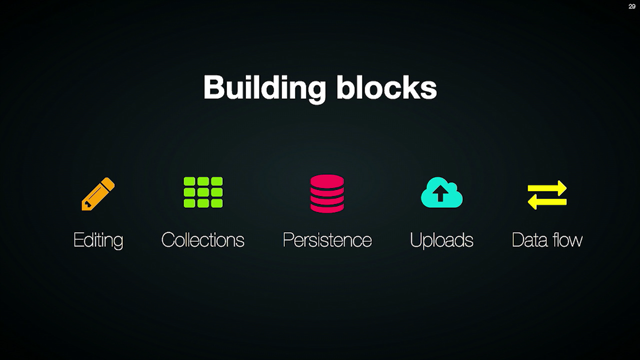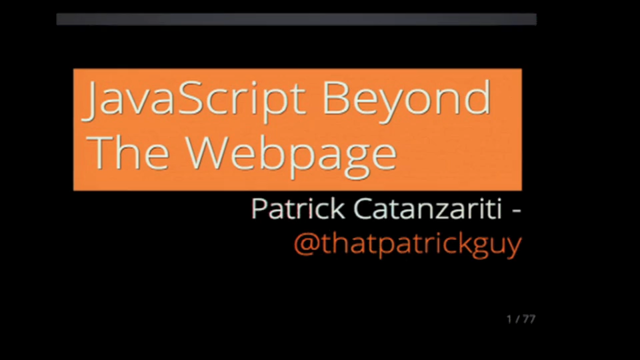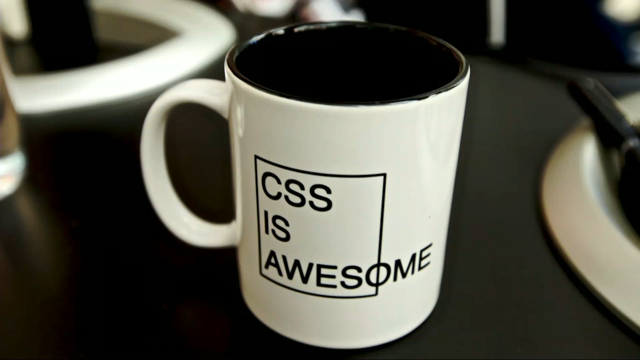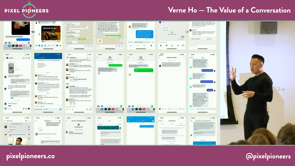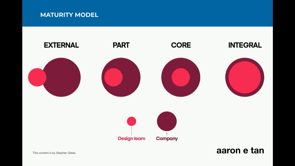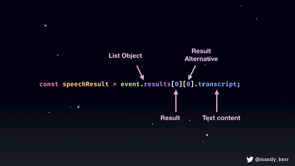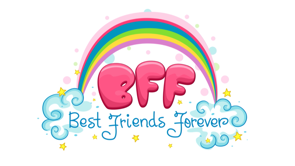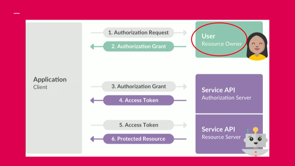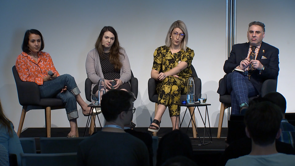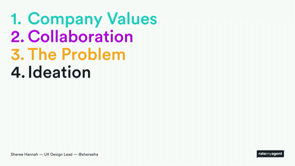
(soft music) - Thank you for that.
I head UP Banking, talking about their roadmaps. I see a few people have jumped in.
But what I wanna sort of talk about a little bit today is this idea around, pushing beyond sort of the obvious solution. I think design is in such a incredible space right now, and especially for anyone that's sort of been around longer than like, five, six years, when design was very, very much you were right down the very bottom of the ladder, and come to a place where we now have, you know, hundreds of designers at certain places.
So I was talking to a designer from NAB, and they've now got 150 designers, which is pretty crazy. But it's awesome.
And I think we're really good at designing experiences. I think we're great with interfaces, I think they're usable, we're very good, making them functional, making accessible, that sort of thing.
But I have a feeling, I have a little bit of a nagging feeling, and some purists may disagree with me, that perhaps we're a little bit safe sometimes. And perhaps we don't try and push ourselves to say what else we could really be doing to make this experience even greater, or even push ourselves in the country, in that sort of stage, to be a bit more prominent there. So I think about this a lot, which probably doesn't say a great deal for my social life anyway.
So if we think of how if we look at, y'know, sort of the typical design thinking process, and, it doesn't matter what sort of process you're looking at, whether you're looking at Sprint, or you're looking at, y'know, Double Diamond, you're looking at Lean UX, my personal favourite, but there's always a step around ideation, and coming up with ideas.
And you look at it in context with everything else, and it feels like they're all waiting about the same. But in reality, it doesn't really kind of work like that in practise, you know, we kind of, we spend lots and lots of time, you know, interviewing, we collect data, we will define or synthesise, we'll talk, we'll do all these kinds of things, and we'll test and all these things, but when it actually comes to ideation, it is, can be a tendency to just do sort of like a quick y'know, a little workshop, let's do some crazy eights, whatever the case may be.
And a lot of times, it's actually just as a designer sitting by themselves, doing it in front of their screen, which is a little bit, sometimes a bit, it's a bit harder, can be a hard thing to understand, I think, to know it used to work in agencies and it's very difficult sort of thing to put down as a line item that a client should actually pay for.
But I think I think it's a little bit of a shame. And I think that process of thinking and throwing away ideas and being creative and sort of pushing yourself, pushing your team, collaborating, can incredibly powerful. So, the question is, how can we kind of push this further? How can we push beyond sort of just getting to that first place where we've got a solution and the solution will probably work when you test or whatever, but it probably will work and it's pretty good. But how do we go beyond that to create something really unique or something really special? So as I was kind of putting my notes together, I had, I found that they sort of categorised into four different areas.
And the first one being around the company that you work for, and the type of values that they actually have, and how they operate and how the leadership operates as well.
Next one's around collaboration, and then also the actual problem and how we define a problem, how we understand a problem, how we go about exploring solutions, and then the actual ideation process.
So what's some ways that we can make that work a little bit better, or a little bit differently. So I feel like this idea around failure is something that people kind of talk about, but don't necessarily understand, or really embrace, or they might fail once, and that's a big failure. But the idea is that you fail heaps, and you fail really, really quickly.
And that's one of the fastest ways to success, and that's how we kind of, we learn from that sort of thing. And if that culture doesn't actually support that for us, then how are we supposed to do our best work? And I think it's also something when we're going and looking for a new role that we should kind of ask a company about. How they sort of feel about it, 'cause everyone'll say that they like it, but some examples of how they might've failed as well. So I always find it really strange when people ask for a competitor analysis.
And I don't, some people seem to like, I don't know whether it's a bit of a marketing kind of thing, I don't know. But the feeling that really is the competitors, they're all just solving the same problems as you. Those two or three problems, everyone's identified them, everyone knows it. Everyone's really doing a half-decent job of actually solving it.
So looking towards one another, and just going back and forth, it actually puts you in a really, really vulnerable situation, where someone can see that weakness and basically come through and blow it all up for you. I think this is also something that's, bigger companies, find it in bigger companies, they tend to focus on, where smaller companies are far less afraid of that sort of thing.
So, of course we know, y'know, diversity and inclusion is incredibly important, and the more diverse our team is and from all different backgrounds and cultures, gender, age, old age, all these sorts of things, we know that this is fantastic for collaboration and coming up with a great idea, but it's also about different areas of the business and bringing it outside just you know, product teams, or bringing, there's obviously customer service, all that type of thing.
But all these unique perspectives is what we need to kind of grow, and to say things in a different way. So speaking of collaboration, I think this is probably one that a lot of designers have felt from time to time. We tend to kind of at times, y'know, we get a lot of criticism, what we do is very open and people can see it, and people can use it, and people feel very comfortable giving us feedback on that. But we've also experienced probably being the star of the show at the same time, which can be a little bit addictive.
And it's nice and it's fun.
And it's funny, I was talking to a friend that I used to work with about five or six years ago. And she was having a really difficult time with a project manager that kept interrupting and kept, y'know, giving their opinion and their their ideas. And she got so frustrated and she's an extremely polite, non-confrontational person, and she ended up snapping and she's like, "No, it's my baby." And then as she sort of said it, sort of realised what she had said because it's not our baby. We don't design for ourselves.
So we gotta remember that and we've gotta remove, we gotta stop trying to work in isolation and trying to own things and at least try and balance that out a little bit. So this is a bit of an all-in, the idea around changing your environment.
And it's kind of, it's something that's kind of obvious, but funnily doesn't really happen very often. People will still stay in the office trying to do different types of work.
But there's actually research that shows that when you're trying to remember things, that you should go to a familiar place, 'cause that'll help you do that.
So the opposite is true.
So if you're trying to be creative, and you're in the same place, it's much harder to get to that other ideas. So you really kind of want to mix up your space and that'll help you do that.
I think this whole thing around finding the pro, I don't know if other people felt it as well, I think this was one of the biggest lessons that I've probably had in my career.
I can't imagine how many things I've worked on in the past where I did not actually solve the problem, because I really didn't understand it or I took it at a surface level as to what someone else had said, or even, you know, talking to users and took that at a surface level as well.
But we need to not do that, we need to keep asking why, and we need to, however we work and whatever process that we actually work in, we need to keep going there and finding that problem, because then the solution's gonna be a lot more beneficial. And there's ways to, also, once you sort of got that problem, because it it can be hard to then go and think of things that are not obvious, because usually there is something that sort of comes up straightaway. There's also this idea around rephrasing the problem or flipping the problem.
I was working on a project last year, it was for a seat selection, and it was very, very complex.
The idea was that people could come out and they could pick a seat over here and a seat over there and all these different things that they could do, and we kept looking at the problem, and said "How do we make it easier for people to be able "to find a seat, that they can book online?" And it wasn't 'til someone actually came in and said, well, is that, they had a look at it in a very different way.
And they like, are they looking for a seat, or they looking for a view of the stage? So now to flip that problem, can really help you see it in a different way, and the solution was completely different to what we'd been coming up with.
And so to do that, you wanna look at different things. Can you change the actual event that you're talking about? Can you change the situation? The context? Can you change the behaviour that's going on? Can you see it from a different perspective or change the person? And can you use different objects, so use that, even if they're not necessarily still the problem, use that to kind of expand your mind outside of those kind of obvious ideas.
So I think that this is kind of one of these really interesting ones, and especially when we talk about sort of, competitors, because everyone is kind of working on those, y'know, those top three problems or whatever they might be. But the idea that you can actually go deeper and you can find a non-obvious problem and work around that, and then that's gonna give you some enormous benefit or bring some enormous benefit to your users as well. So I feel like this is my biggest nag as a designer. I feel like I nag people about this so much. I've started a new job recently and these poor designers are hearing about it non stop.
It's just it's so true, it's just the emotional attachment. The second that you put effort into something and it doesn't matter how much of a whiz you are on the tools, you have put effort into something, it has become real, and you now are attached to it, and it's harder to then go and change it, and to play with it and to experiment.
But paper is cheap, it's easy, it's fast, and it means nothing.
So I think we have to remember that when people are actually sharing ideas, it can be an incredibly vulnerable thing for a lot of people.
I used to work, I worked in advertising for a little bit. I don't know why, but my commissioned art director, he was amazing.
He'd been there like, 30 years experience, but him and, it was one of those things where it was like a copywriter-art director pair.
And they had been working on the same team for 10 years. And he just loved working with him so much because they were so close that he could share anything and any idea, and never felt judged for it. And it just surprised me, that someone with that much experience would still have that kind of feeling around sharing ideas. And some people do, some people may struggle to sort of come up with it on the on the spot, and some people are perfectionist, and that makes it even harder again.
Some people are, y'know, less likely to share or, y'know, not necessarily as confident, sort of, sharing that stuff.
So we wanna create a safe space for people whenever we're in this kind of ideation stage. And I have, personally I have a bit of a love-hate relationship with being a facilitator. It's a, it can be a really difficult thing to do, but I think you have to remember when you're in that space that you have a responsibility to the people in the room. And what you really wanna do, is if there is someone that's being really difficult and speaking over people, or putting other people's ideas down, you do have that responsibility to take them aside, and sort of just have a chat to them and just say, "Y'know, you're upsetting people, "and they can't do their work." And what you usually find that person that loves to share all their ideas is so desperate to get back in that room that they will behave.
So we have to be really, we have to keep people safe. I got this idea when I was trying to actually name something and there's a book literally about naming things. And the idea is around that you just come up with all the shit ideas straight away.
And you give yourself permission to come up with these really crappy ideas.
And you just write them down and you just get them all out of your system. And also it's good for people 'cause they feel like they can kind of own it, and then they can say whatever they want, even if they think it could be an okay idea. Just to get that feedback if it's shit, so it's comfortable now.
And it also means you're not stuck on it when you're trying to come up with good ideas, y'know, you're not sort of there trying to work out if it's good or people don't have to watch what they're saying, all that kind of thing.
So, it goes back into that sort of helping people if they're sort of feeling vulnerable.
So one of the things I love to do is to share the problem, literally, if there is a wall that is free, I will put something out there, 'cause I think it's such an important thing to do.
And being able to share that problem and being able to put it up publicly so everyone can actually see it, everyone can go in and they can have a read or they can add notes or whatever the case may be. But I find it actually sparks a lot of conversations with people you'd never have thought would even be interested in what you're working on. And then people can, yeah, they can come up and they can have a conversation.
They might be talking to someone nearby, but it kind of, it keeps the dialogue sort of going and keeps people engaged.
And I'm always really surprised, 'cause I always see like, developers out there and people I wouldn't have thought would be as interested and they're out there. And developers are usually the most creative people in the room anyway, so that's always really interesting. And I think we always have to push ourselves too. So I think sometimes we go in there thinking about a solution, but what if we went at it thinking about something completely different, something that is so ridiculous that we could actually get fired for it, or we would get in a lot of trouble for it or whatever the case may be.
Because you can always work backwards, but coming up, building upon and trying to make a great idea is much more difficult to sort of go upwards as opposed to going downwards.
So as I said, I started a new role recently, which is RateMyAgent, which is a startup.
That's sort of the reason that I joined, I'd been in agencies for a really, really long time, and I was just run down, but just finding, I wanted to work on something that I guess had a bit more impact.
And you can actually see it through and it could be measured and you could come back and you could keep improving. So that's why I joined these guys and they're pretty cool. It's the type of place where the CEO will stop a meeting, when he's working from home to go hug his kids goodbye, which is lovely, so.
A little plug, hiring as well.
So if anyone's interested in joining, there's some really interesting things going on. Looking for a UX researcher.
That's actually a global opportunity.
We're expanding in the US, into New Zealand and new countries next year. And also looking for a product designer as well. That's all the plug.
So thank you for having me.
(crowd clapping) (soft music)
